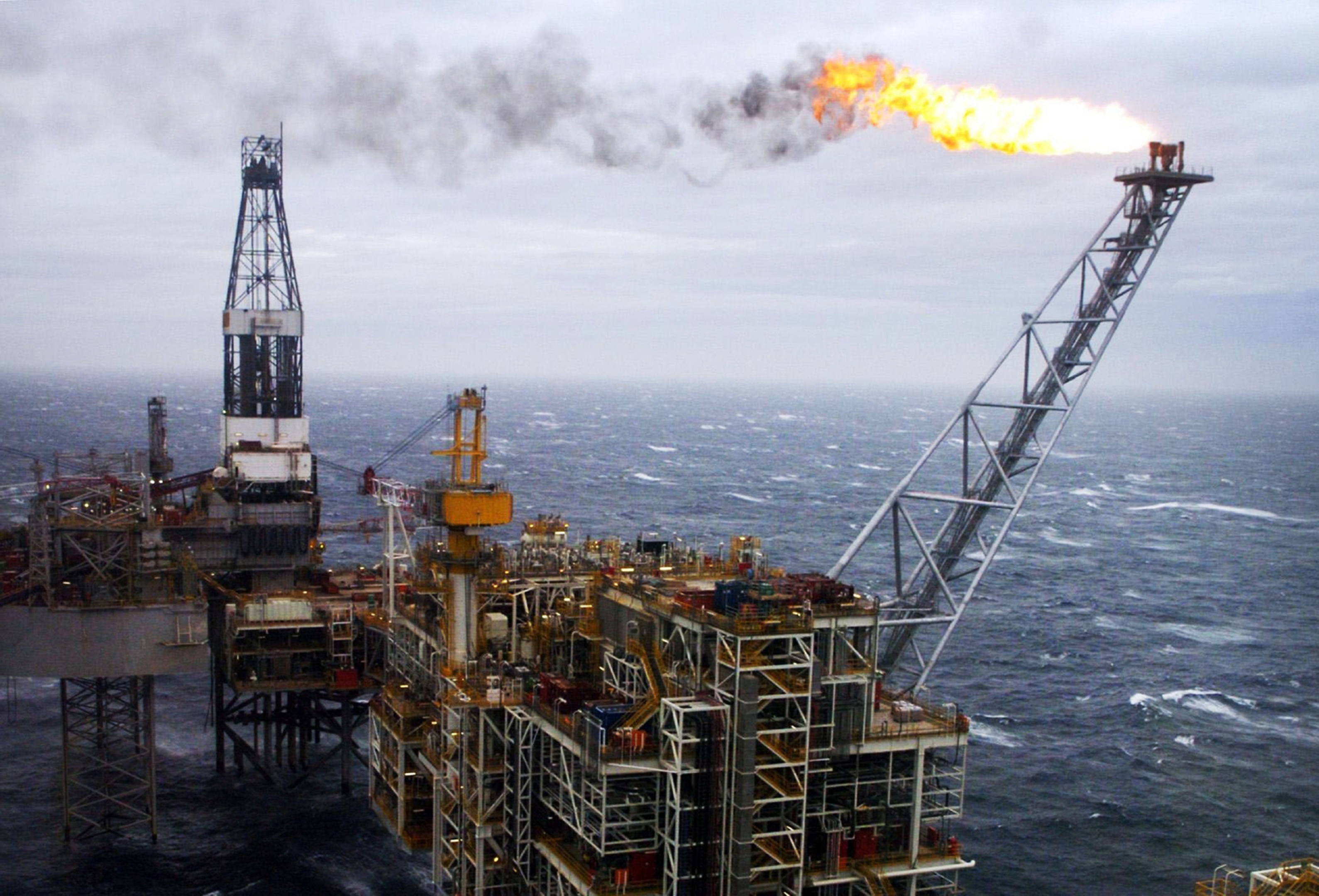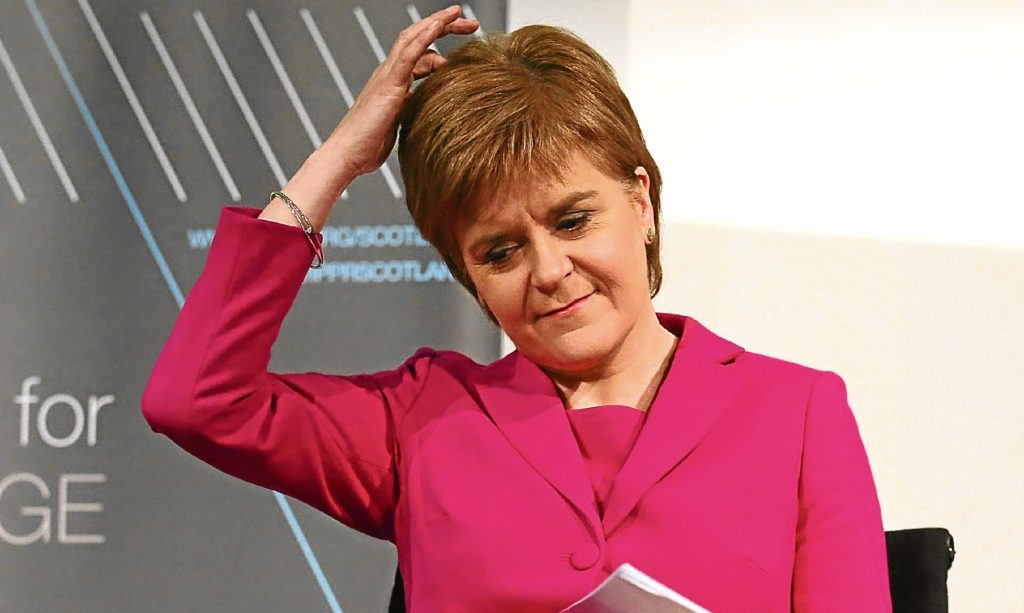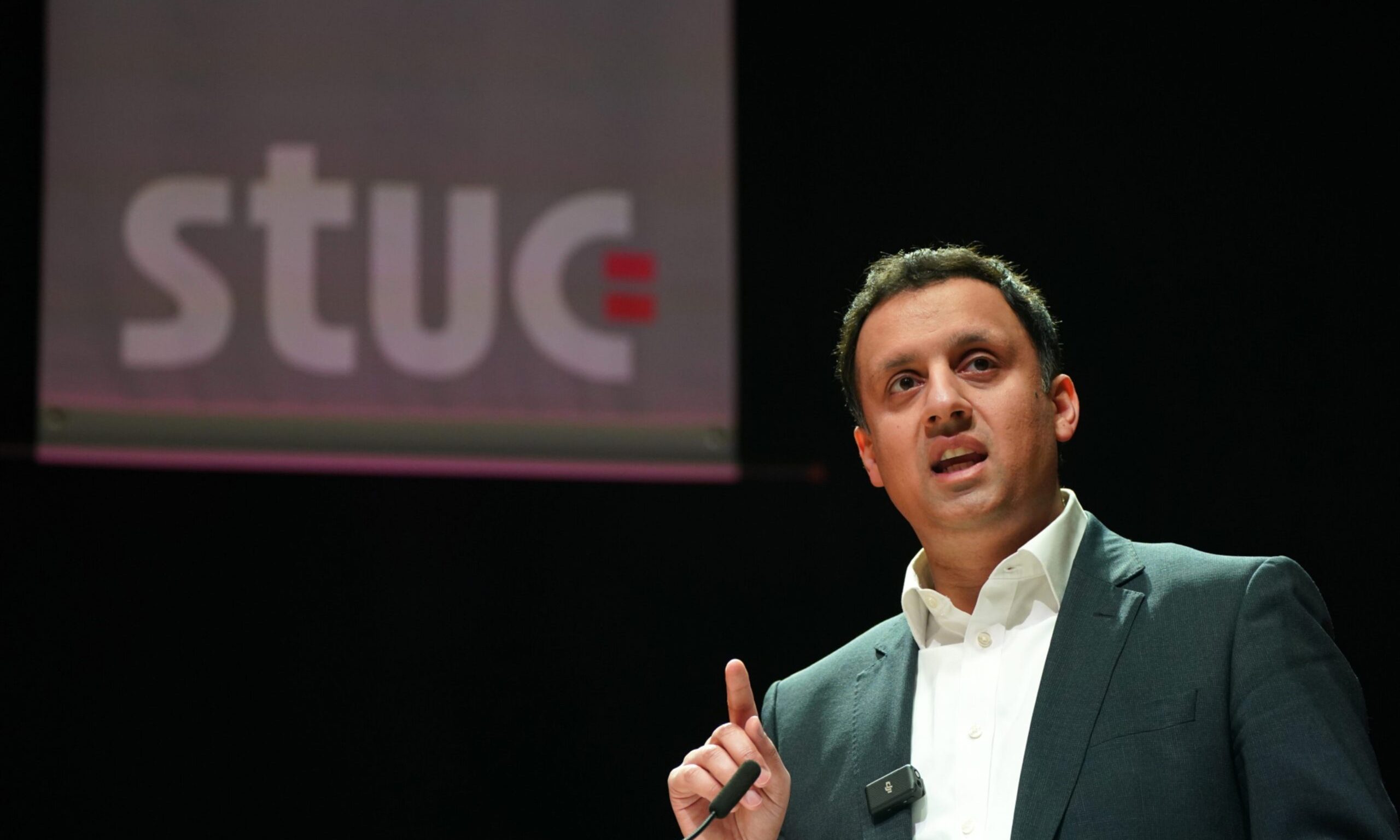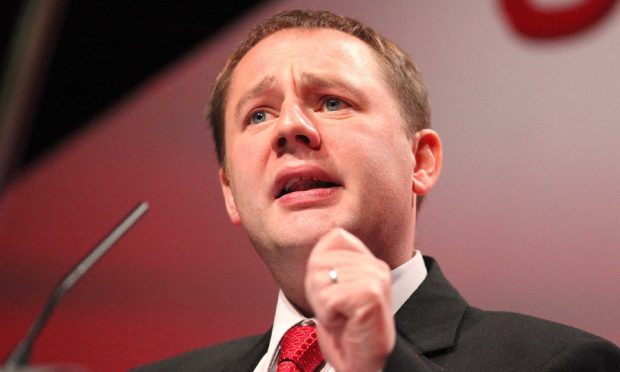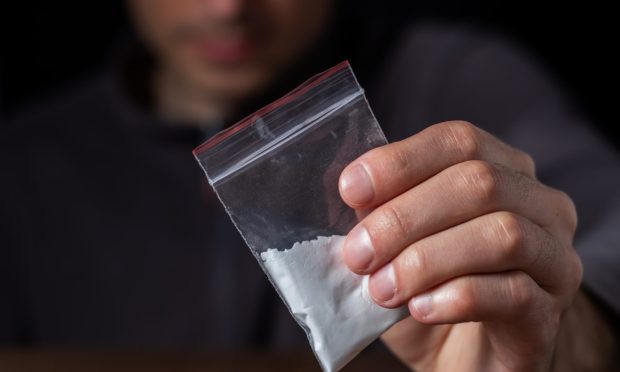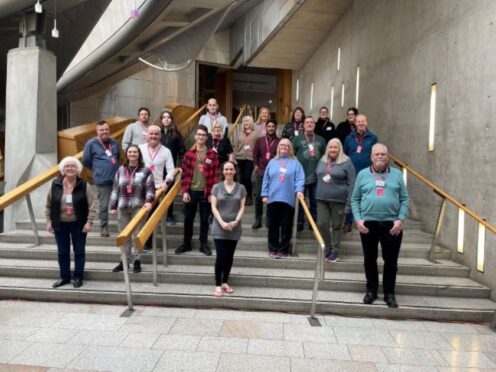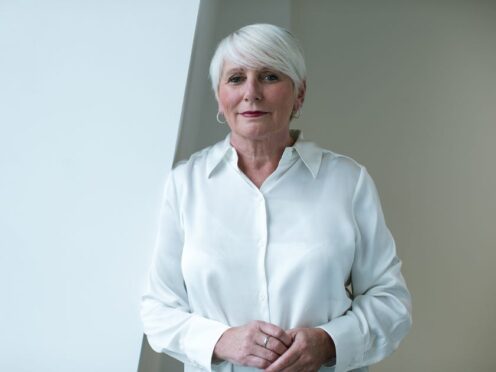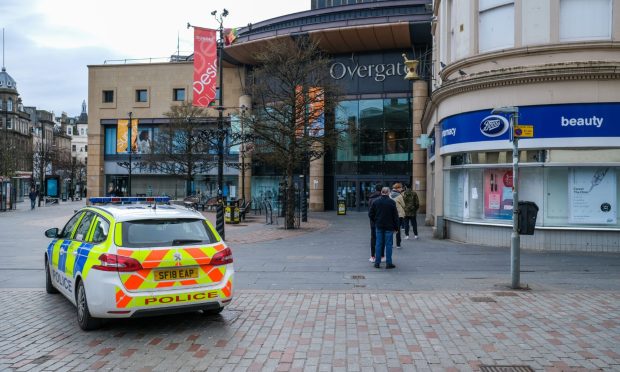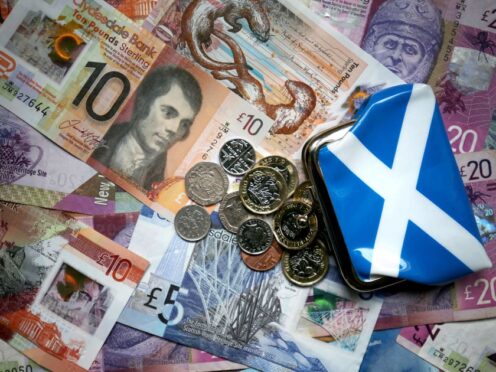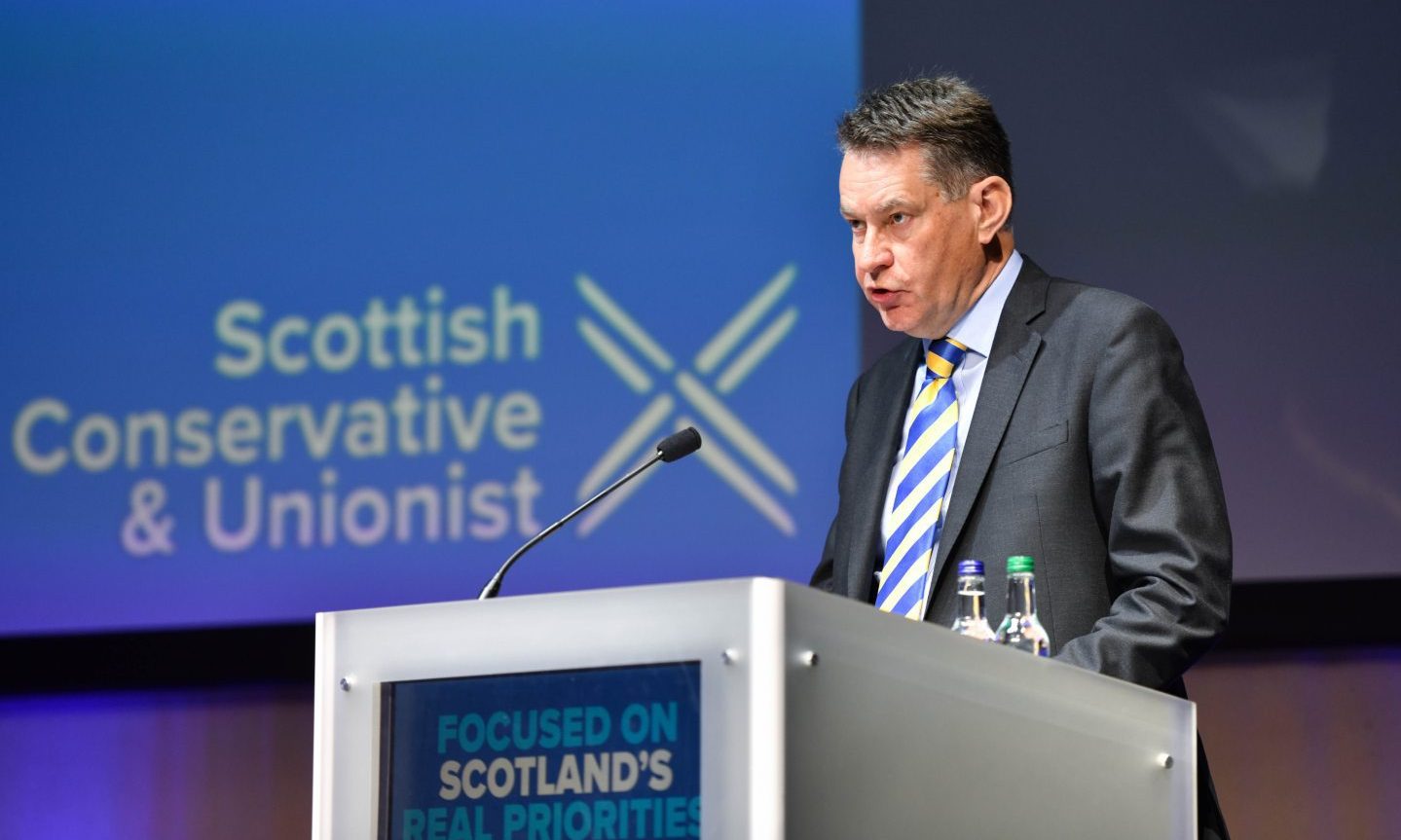Nicola Sturgeon has blamed an economic “shock” for Scotland plummeting £15 billion into the red.
New figures released by the Scottish Government show people north of the border contributed £400 less to the public purse than the UK as a whole but spent £1,200 more in the last year.
The Conservatives said the Government Expenditure and Revenue Scotland (GERS) figures, effectively the country’s balance sheet, proved there was a “union dividend” of £1,600, a claim rejected by the First Minister.
She said: “The foundations of our economy remain strong. Scotland, in terms of economic output per head – and even excluding offshore revenues – remains the most prosperous part of the UK outside of London and South-east England.
“And today’s GERS publication shows that our onshore revenues continue to grow, with revenue increasing by £1.9 billion over the year, more than offsetting the decline in offshore revenue.”
The SNP leader added: “The lower oil price has, of course, reduced offshore revenues, with a corresponding impact on our fiscal position – this underlines the fact that Scotland’s challenge is to continue to grow our onshore economy.
“However, Scotland’s long-term economic success is now being directly threatened by the likely impact of Brexit.
“Today’s figures come a day after analysis from Scottish Government showed that taking Scotland out of the European Union and our place in the world’s biggest single market would make the task of growing and diversifying the Scottish economy even harder.
“Maintaining our relationship with the EU will help us sustain the economic growth and job creation that we have seen in recent years.”
FM @NicolaSturgeon: “Choice is between economic recovery or economic retreat." https://t.co/mvtCySbbgK
— scotgoveconomy (@scotgoveconomy) August 24, 2016
North Sea Oil revenue plunged from almost £11 billion in 2011/12 to just £76 million last year, the GERS report revealed.
That contributed to Scotland’s deficit increasing from £14.3 billion in 2014/15 to more than £14.8 billion last year, or 9.5% of GDP.
Over the same period, the UK’s equivalent figures dropped from almost £91.7 billion to £75.3 billion, leaving its fiscal black hole at 4%.
Asked how the size of the deficit would affect an independent Scotland’s EU membership, given Brussels considers anything above 3% to be excessive for every member state bar the UK, Ms Sturgeon said the country’s economy was “fundamentally strong” but had been “hit by a shock situation”.
She also pointed out that Scotland’s rural nature is a huge factor in why the country spends more per head than the rest of the UK.
It costs more to deliver the likes of health, education and emergency services to more remote areas.
Murdo Fraser, the Tory shadow finance secretary, said: “Today’s GERS analysis simply confirms the fact that Scotland benefits massively from being a member of the United Kingdom.
GERS figures reveal that the Union Dividend is worth £1,600 in last year for every man, woman & child in Scotland. That's what SNP risk.
— Murdo Fraser (@murdo_fraser) August 24, 2016
“When times are tough in Scotland, as they are now, the union means we can top up public spending so we don’t have to make huge cuts to the NHS or increase family tax bills.
“This union dividend amounted to £1600 for every man, woman and child last year, according to these figures.
“That’s how unions work – when one member needs support, the union provides it. The SNP now needs to take heed of the facts for once.”
Scottish Labour leader Kezia Dugdale added: “Today’s figures should act as a reality check for those calling for another independence referendum.
“It’s clearer than ever that Scotland benefits from pooling and sharing resources across the UK. Being part of the UK means higher spending on the public services like education and the health service that we all rely on.
“That’s a strong, positive case for Scotland remaining in the UK – our most important social and economic union.
“During the independence referendum Nicola Sturgeon personally promised a second oil boom. Her own government’s figures show she misled people and that is unforgivable.
“The SNP’s own figures confirm independence would mean severe cuts over and above those already being imposed by the Tories, at exactly the time when our public services need more investment.”
#GERS figures today clearest and strongest evidence yet of the benefits Scotland gets from being part of the United Kingdom.
— Kezia Dugdale MSP (@kezdugdale) August 24, 2016
.@willie_rennie comments on #GERS: "oil shock & #Brexit shock should not be compounded with independence shock" pic.twitter.com/9qHFMnpnhf
— Scottish Lib Dems (@scotlibdems) August 24, 2016
The Scottish Greens called for Scotland’s economy to be diversified.
For more, see Thursday’s Courier
